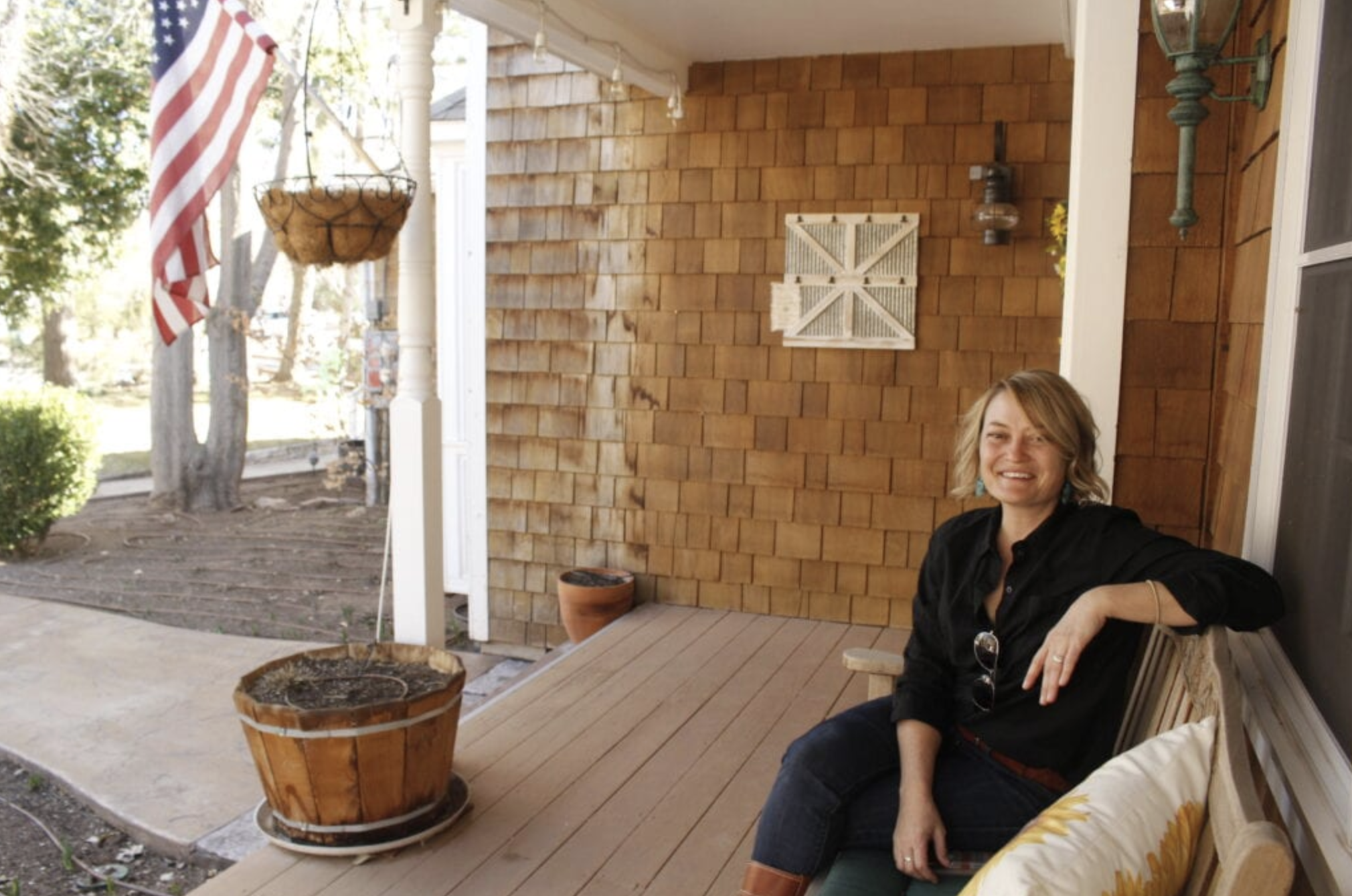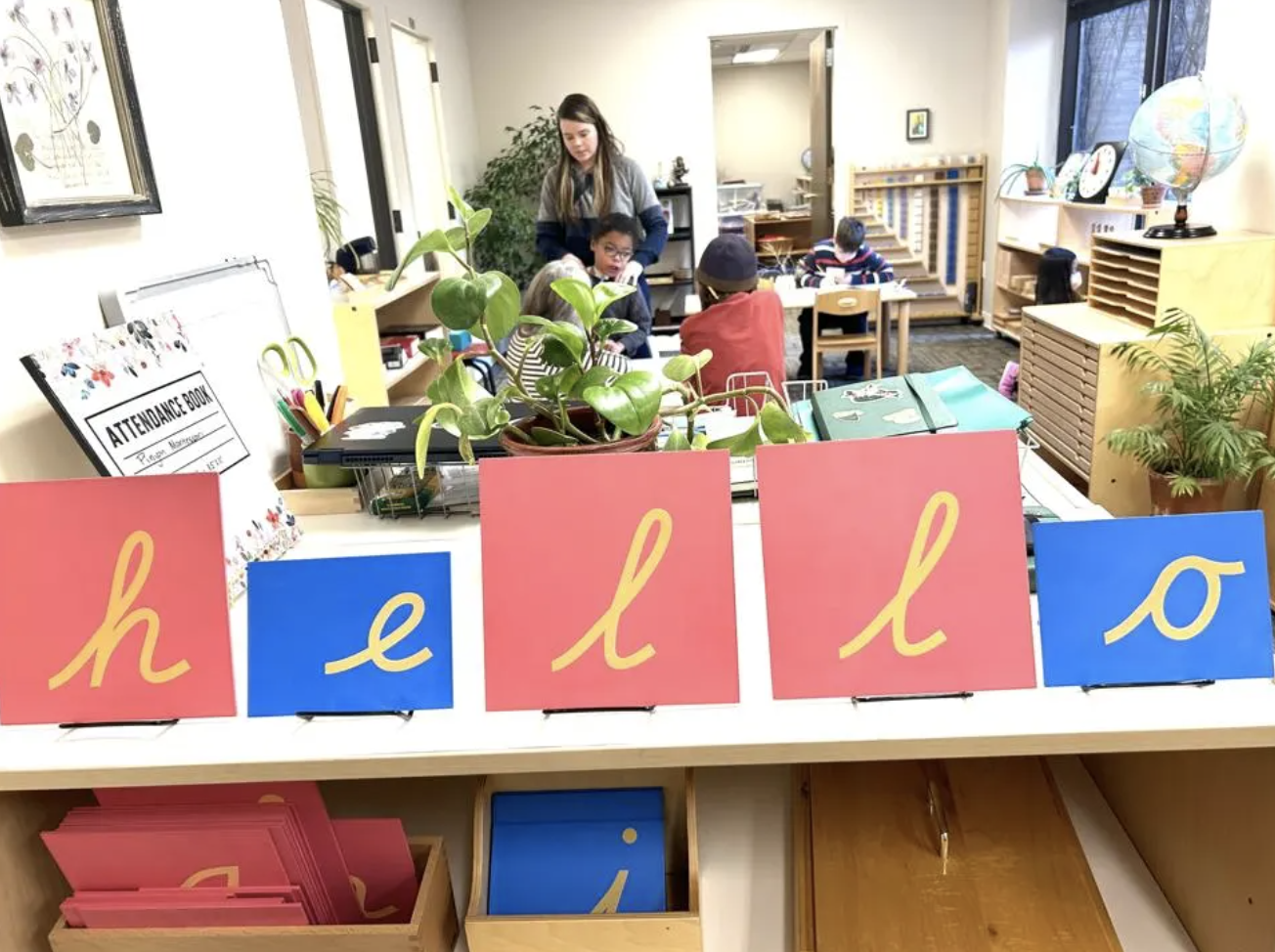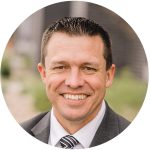You have probably been upset by something the public schools have done.
Maybe it was when Davis School District removed the Bible from public school libraries — or when they put it back. Maybe it was when school districts introduced diversity, equity, and inclusion departments — or when state board members considered removing them. Maybe your child was bullied, or maybe your child was labeled a bully.
Regardless of what it was, everyone has likely been upset with the public schools at some point, which is why we need a diversity of schools.
A school founder in Moab summarizes this sentiment well: “A single institution cannot be expected to address every need of every student in every community… It is unrealistic to expect one approach to solve all needs. A healthy forest has a variety of trees.”
Education needs a healthy amount of diversity in the ideas, methods, and styles of learning.
Utah has taken a first step in achieving that by passing the Utah Fits All Scholarship. This scholarship allows parents to control the state portion of education funding to find an education that fits their child’s unique needs and that matches their family’s values.
Additionally, there has been a rise in the number of microschools in Utah. Some of these schools focus on a specific style of learning, say self-directed learning, where the child dictates the pace, path, and place where the learning happens.
Other schools are specifically designed to meet the needs of a specific demographic of students. These schools may focus on refugees, students with autism and attention deficit disorder (ADD), or many other needs.
In a country with a variety of political ideas, personal values, and cultural backgrounds, we need a variety of schools to match.
Ashley Berner, in her book Pluralism and American Public Education, says it this way:
If education inevitably involves basic questions of human nature, meaning, and destiny, then why should one view be privileged above another? Why should progressive and traditionalist educators compete for hegemony, or secular and religious perspectives not coexist and cooperate? In a liberal democracy such as ours, why should there not be room for many different pedagogical approaches and school structures?
So, if the public school system is working for you and your child, that is wonderful, and 84 percent of Utah parents feel the same way. But don’t let that love of your local public school take an opportunity away from the 16 percent that aren’t satisfied with the public schools.
Let these parents and teachers create new models of learning without opposing their creation, nor their attendance.
Because every child deserves to have an education that matches their greatness and potential, and every parent deserves the opportunity to find it for their child.



